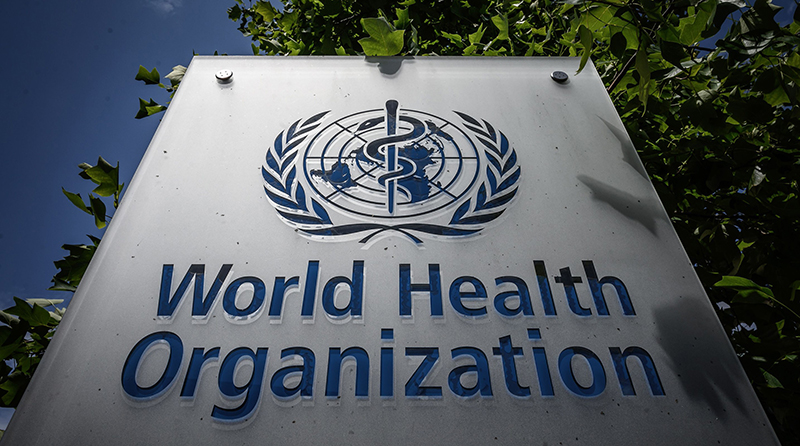The World Health Organization's (WHO) Regional Director for the Eastern Mediterranean, Hanan Balkhy, praised, on Saturday, the Royal Vision aimed at achieving health sovereignty in Morocco.
During a meeting in Geneva with Health and Social Protection minister, Khalid Ait Taleb, on the sidelines of the 77th World Health Assembly, Ms. Balkhy commended the Vision of King Mohammed VI to develop the Moroccan health system, as well as the Sovereign's support for African countries to achieve health sovereignty on the continent.
This Vision strengthens regional cooperation and opens up new prospects for health development, she said.
Welcoming the Kingdom's role as a link between WHO and African countries, Ms. Balkhy noted that Morocco could serve as a model for public health and international cooperation.
The WHO official pointed to the development of the pharmaceutical industry, vaccines, and prevention tools in Morocco, stressing that the Kingdom has great capacity in this field. Developing these industries is a significant contribution to achieving national and regional health goals.
Talks between the WHO Regional Director and Mr. Ait Taleb covered a range of crucial health issues, along with the reinforcement of cooperation between Morocco and the WHO and the development of the health system in Morocco and the region.
In this respect, Mr. Ait Taleb outlined the projects underway in the Kingdom, carried out in line with the High Directives of His Majesty the King, notably the social protection generalization project and the reform of the national healthcare system.
These projects aim to improve the quality of health services and guarantee their accessibility to all citizens, the minister explained, adding that Morocco's goal is to achieve pharmaceutical self-sufficiency.
Local vaccine production represents a strategic step towards achieving health sovereignty in Africa, he added, highlighting Morocco's role as a regional hub for health programs.
The Kingdom can become a key partner in the implementation of international health initiatives thanks to its experience and well-developed infrastructure, the minister concluded.






